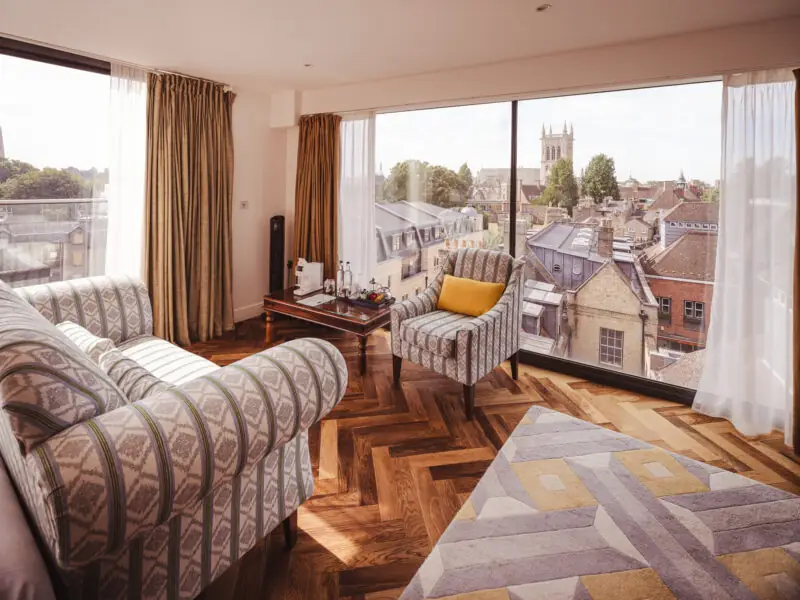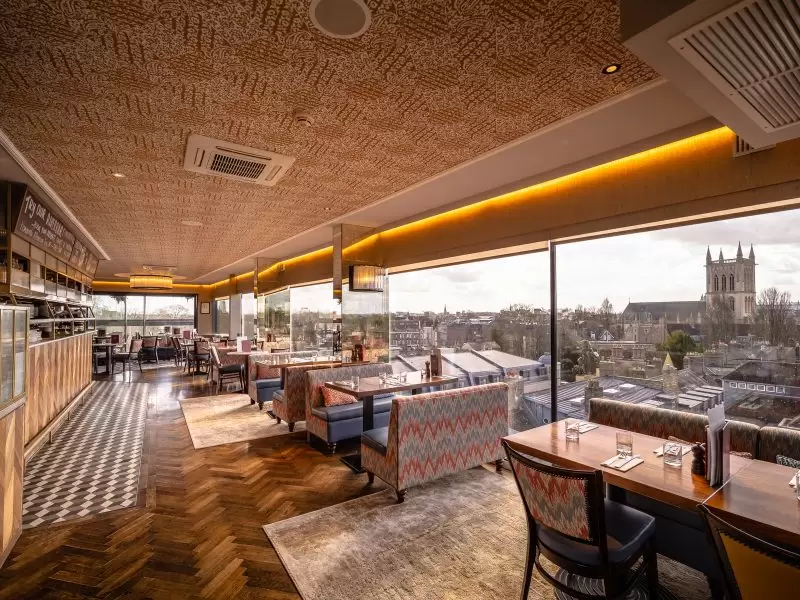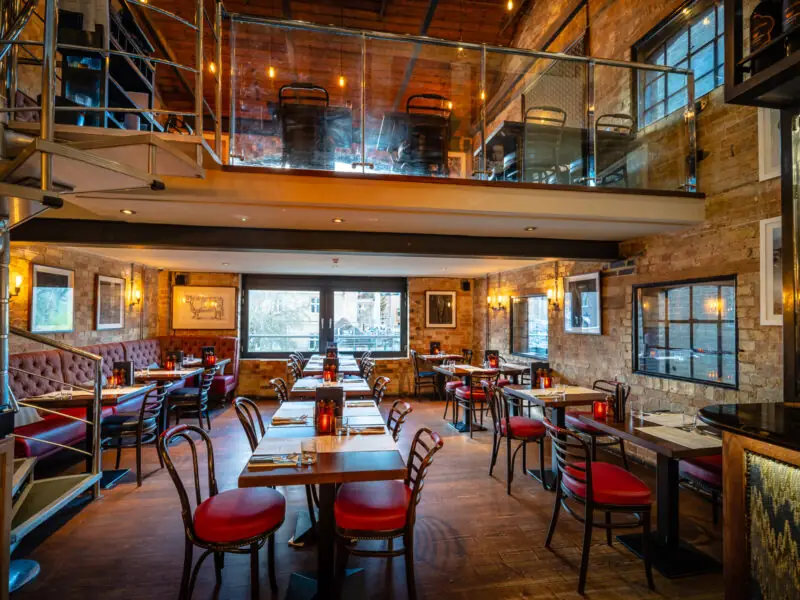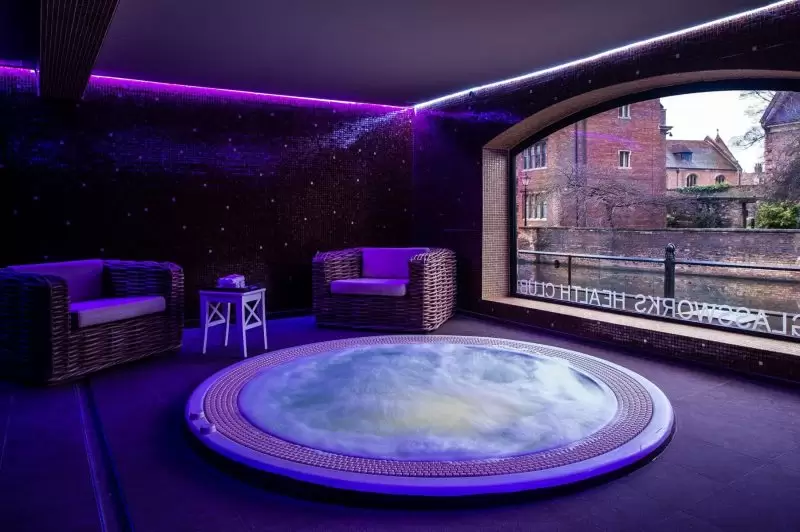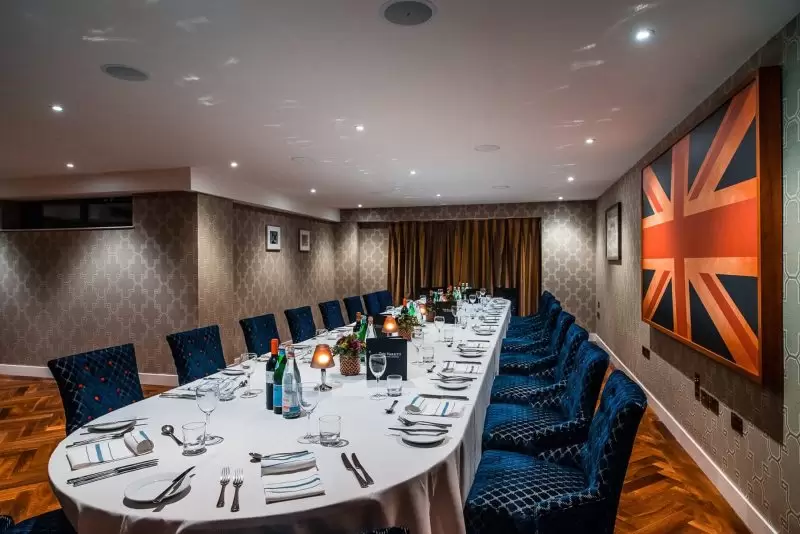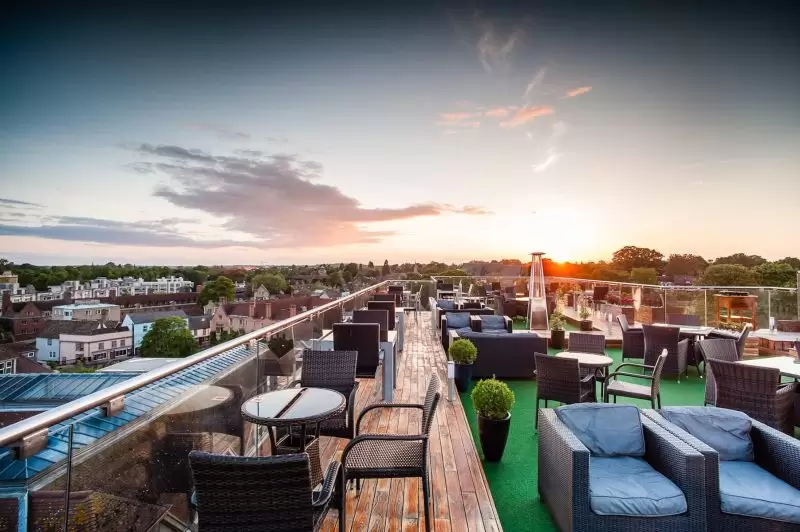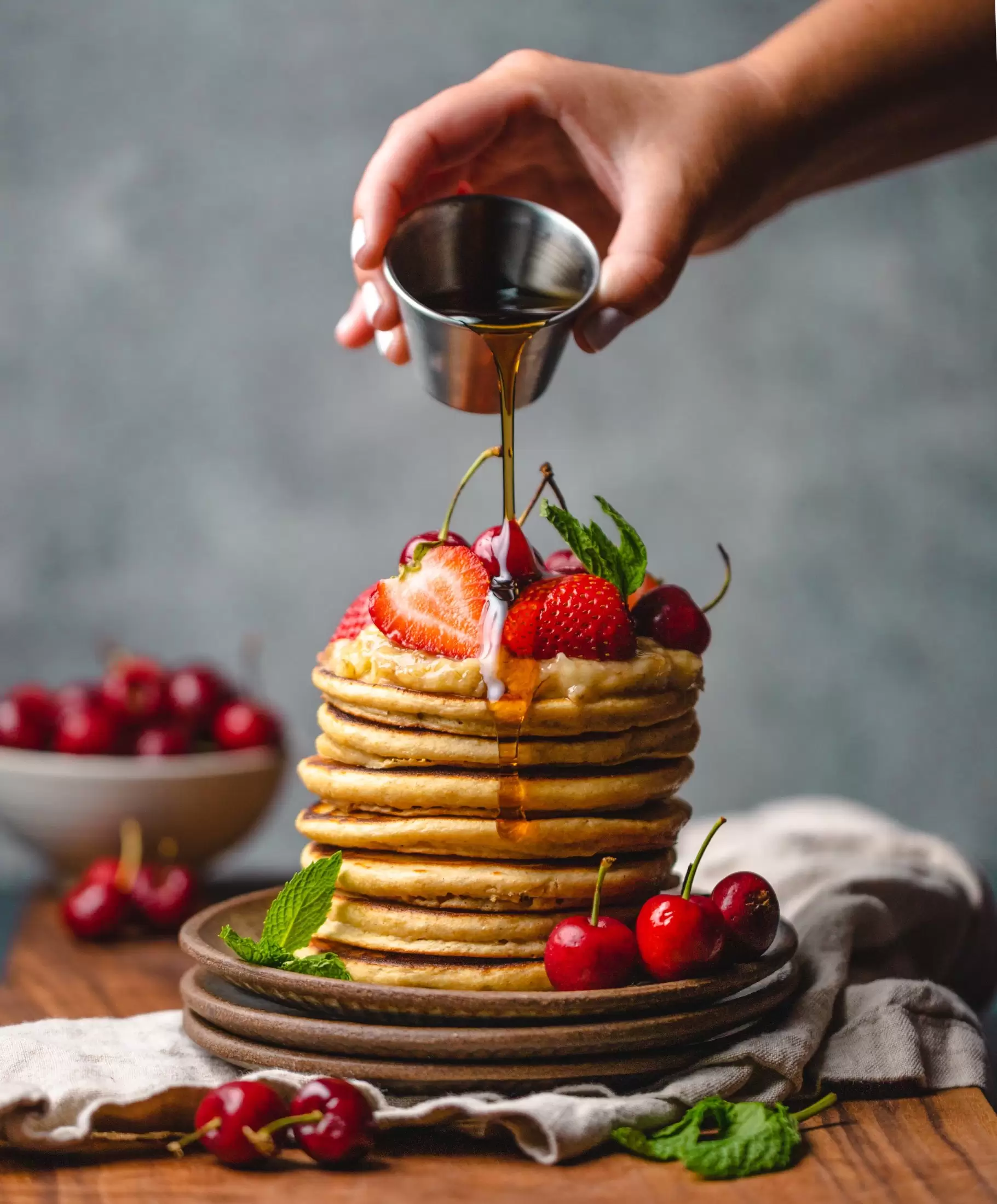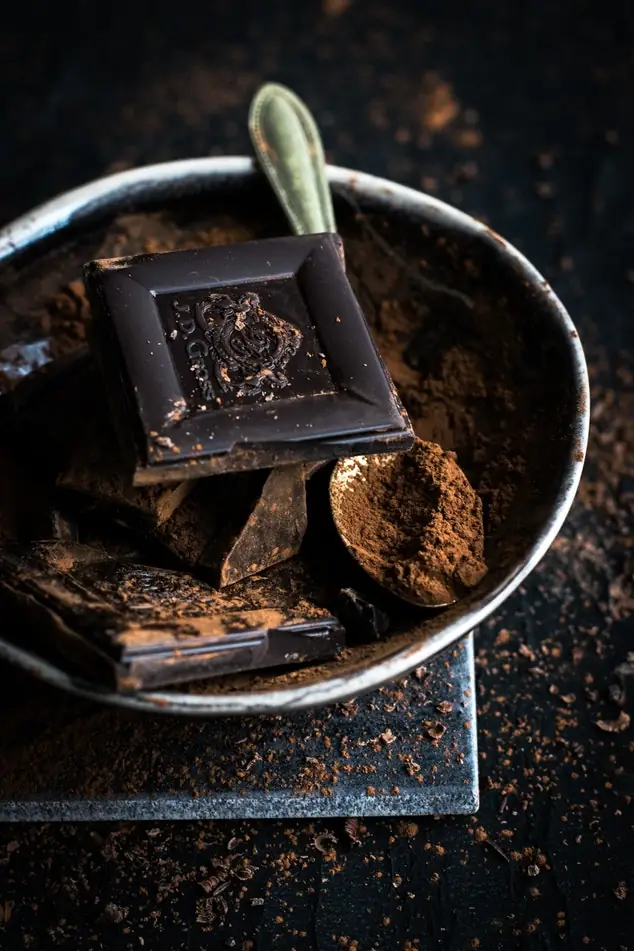With Spring on the horizon we’re soon to start running into all sorts of minor festivals and holy days from various cultures and religions. From Easter to the birthday of the Buddha. And from Dia dos Namorados to Hanami. But given our penchant for food related events there’s one that always stands out to us at the Varsity Hotel Cambridge. Pancake Tuesday, February 22nd.
Pancake Tuesday?
Well actually its real name is Shrove Tuesday. It is the day before Ash Wednesday, which is itself the first day of Lent. This period of 40 days (ecumenically speaking) ends with the most important religious festival of the Christian calendar – Easter. It is traditionally a time not of fasting per se, but instead of giving up certain richer or more luxurious foods as a means of spiritual penitence.
Sort of. As with many long standing traditions the actual reasons for their inception are often very old and unclear to modern eyes. Plus they have to be seen through the lens of the mindset of Medieval Theology to be truly understood. So for most of us in this modern era, just skimming the surface is probably wise.
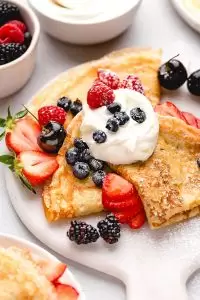
And the surface take is this: from Ash Wednesday the devout will eschew certain sweeter or fattier foods for a few weeks. So naturally the day before this quasi-fast begins people like to have a great big blowout. For some cultures this became an overindulgence in sweeter foods like pancakes or pastries. For others the emphasis is on rich foods. In fact, the legendary Mardi Gras literally translates as “Fat Tuesday”. Which sums it up quite nicely.
Pancakes!
Yet for many western countries the emphasis has somehow landed on pancakes. On Pancake Tuesday we eat pancakes. And we rarely ask why we do this as it is simply a good excuse to eat pancakes. Yet this does raise an interesting conundrum – what is a pancake?
It should be simple enough. A pancake is a flat, thin cake made from pan or griddle frying a starch based batter, typically containing eggs, milk and butter. Except the results you can get from making certain other additions can cause pancakes to vary wildly.
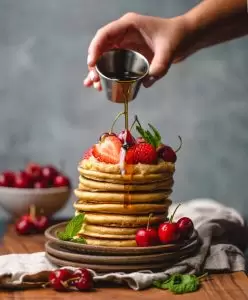
In Britain, pancakes are unleavened. Resulting in very thin pancakes also called crêpes. Often served with sugar, lemon juice, or even vinegar. While these may seem odd to other cultures, they at least fit that old saying of being “as flat as a pancake”.
Meanwhile, if you ask an American what a pancake is they’ll give a completely different answer. American pancakes are leavened, usually with the addition of baking powder, and as such are a lot thicker and chunkier and of dubious flatness. Completely unlike crêpes they are thick enough that they can contain fillings, such as blueberries. And are often served with maple syrup. Something that really doesn’t work with crêpes.
At the Varsity Hotel Cambridge we’re not about to tell you which pancake is better. But we’re always happy to feed you delicious sweet morsels. So drop by sometime and we’ll take care of that for you.
